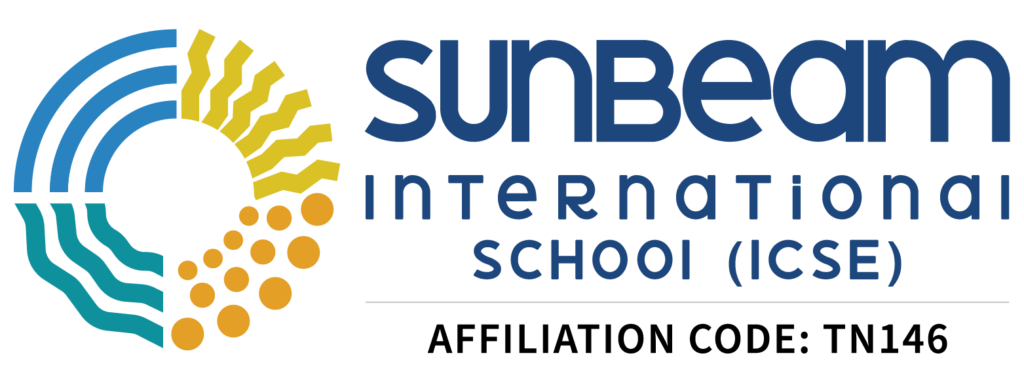
In India, most of us are bilingual. We have our mother tongue and know at least one other language (most commonly English). Our schools also have multiple languages in their curriculum. Hence, the idea of bilingual education is not new in our country. It has also been recognised by the National Education Policy, 2020 (NEP) that has introduced mother tongue as the medium of instruction for early years of education (students will be required to learn two additional languages).
If it is being encouraged, it must have some benefits. In this post, we’ll discuss bilingual education and its significance in early education.
Types of Bilingual Education

Bilingual education can be implemented in various forms such as:
- Dual-language programs: Students are instructed in two languages, usually English and another language. The goal is to make them proficient in both languages and to develop their cultural awareness and understanding.
- Transitional bilingual programs: These programs are designed for students who are not yet proficient in English. Their native language is the medium of instruction. Over time, English becomes the language of instruction. This allows students to maintain their native language while simultaneously learning English.
- Maintenance bilingual programs: These programs are designed for students who are already proficient in their native language and aim to maintain and develop their proficiency while also learning English. Both languages are used to provide instruction and the goal is for students to become bilingual and biliterate.
- Heritage language programs: Such programs aim to support students who come from homes where a language other than English is spoken. Their heritage language is the medium of instruction.
Benefits of Bilingual Education

Knowing more than one language is an advantage in today’s multicultural world. Bilingual education offers this advantage to students from an early age and can help them better to develop various skills.
Cognitive Skills:
Knowing and speaking two languages at the same time indicates an active brain. Bilingual students can better understand mathematical concepts, use logic, focus and remember things, and develop strong thinking abilities. It also helps them to learn more languages in future.
Academic Benefits:
Children who know more than one language develop flexible approaches when thinking through problems. They can read, think and switch between two languages with ease— an ability that promotes abstract thought and is important in learning. Those who have a strong foundation of their mother tongue are able to easily grasp a second language as the former provides a contextual basis for learning the new language.
Social and Emotional Benefits:
Mother tongue is an integral part of a child’s identity. Bilingualism allows children to maintain strong connections with their culture and community. They are able to make new friends and are found to show more self-control.
The benefits of a bilingual education are long-lasting. In our increasingly diverse world, knowing more than one language helps to connect better with people from around the world and develop an open-mindedness to various cultures. Instilling this in young children through bilingual education sets them up for future success in their chosen field.


